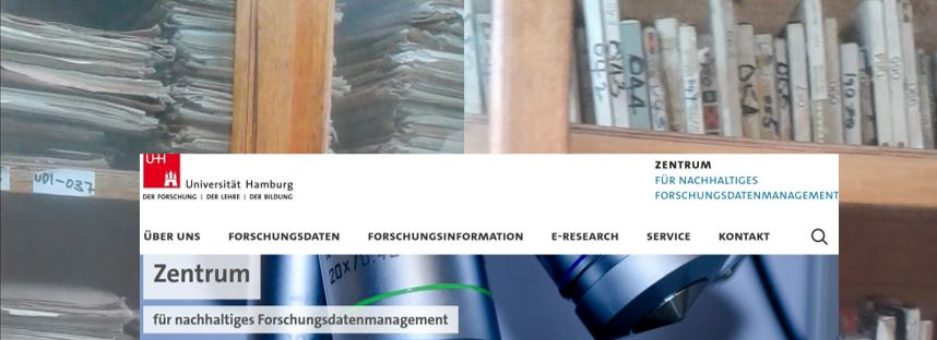Bringing Oral Traditions to the Digital Age — International Symposium in Honor of Al Hadji Bakary Kebba Sidibe
Collecting material culture, oral traditions and other cultural data is fundamental to the preservation of traditional knowledge, history and culture. As the destruction of manuscript collections and historical buildings in Timbuktu (Mali) have shown, archives and collections can be threatened by unforeseen political events. Furthermore, harsh storage conditions and lack of financial support for the preservation of such collections constitute another serious threat.
With the rise of the digital age, preservation through digitization has come in handy for solving some of these grave issues, as well as offering potentials for better access to collections. Whilst digital documents can be made more widely accessible, artefacts, text and audio documents can remain at their local repositories. In this way local knowledge resources can be preserved and will continue to be accessible to local researchers, scholars and future generations. Digital documents can certainly ease access to collections and enlarge the number of potential users, including educational users in colleges and universities.
The Symposium
This symposium intended to highlight the importance of collecting oral traditions as demonstrated in the work of the collector and scholar Al Hadji Bakary Kebba Sidibe, to whom we owe the oral archive of the National Centre for Arts and Culture (NCAC), as well as the founding of the Gambia National Museum in 1983. Bringing this unrivalled collection of oral traditions to the digital age is however a challenge. As any meaning is contextual, raw digital copies, which are not annotated or contextualized, will become difficult to interpret in future unless archiving comprises well-structured meta-data and augmentation by contextual information. Digital archiving should thus be understood not only in the technical sense. It must include an interdisciplinary discourse of how to re-record and reconstruct shared contextual knowledge at the time of the recordings. This involves the collector himself or herself as well as experts from many fields of research.
The symposium has not only highlighted the outstanding value of the collection but give internationally well-known scholars the opportunity to present ideas of relevance of digital archives for research in different fields of Digitial Humanities, African Studies, African History and African Social Anthropology. Moreover, the discussion shall contribute to the debate of processing priorities, as well as on the issue of data augmentation by additional information and contextualisation. Technical, ethical and legal aspects of digital archives in general, and relations of archives with regard to copyright law in The Gambia will also be addressed.
